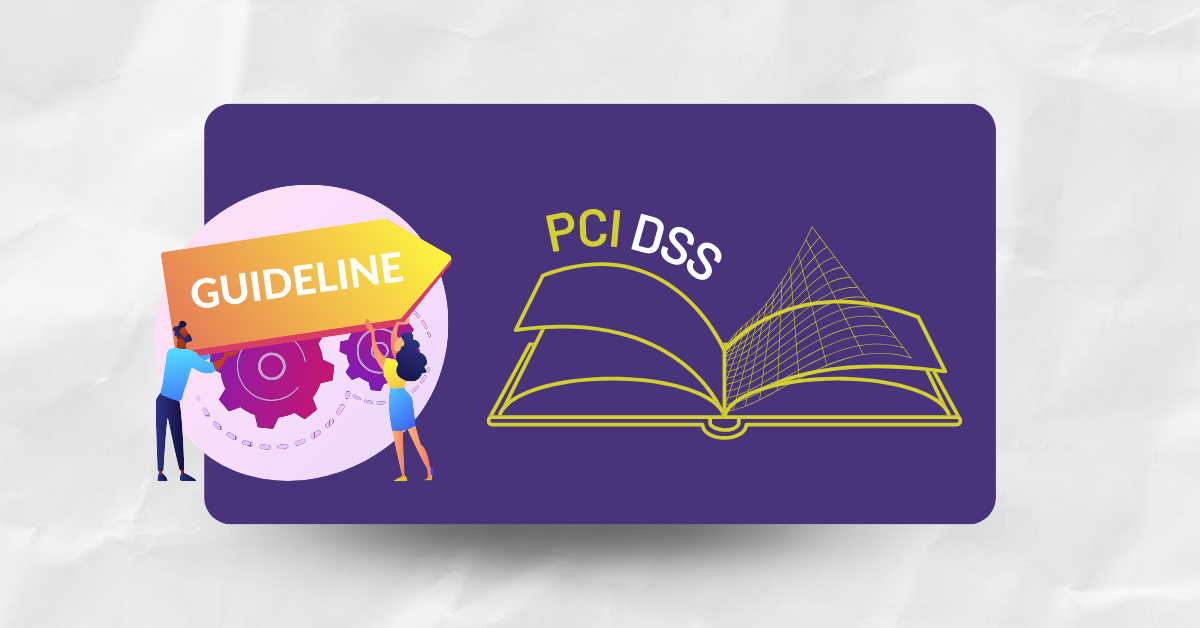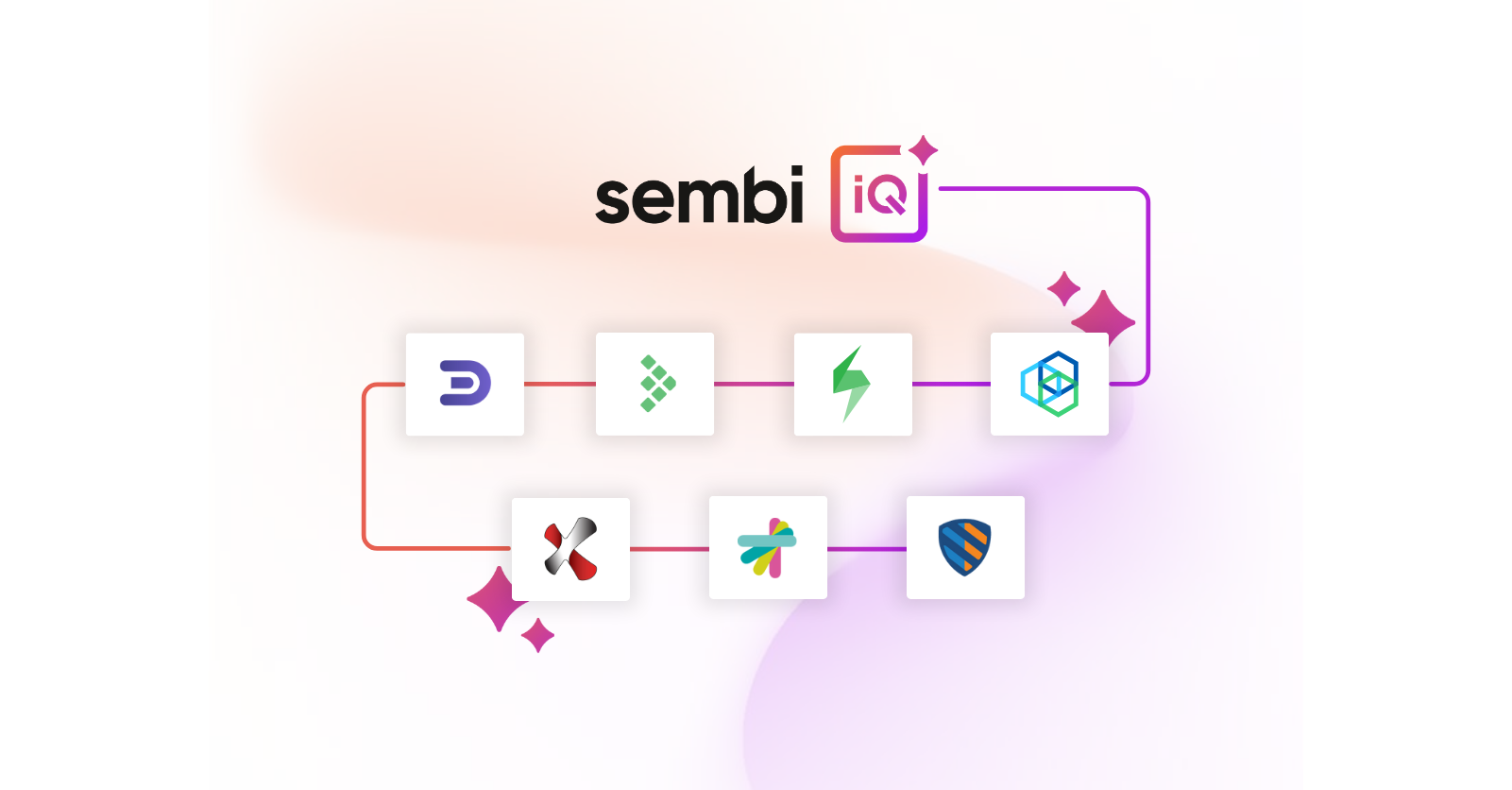

About a quarter of Americans are victims of credit or debit card fraud every year. Credit card scammers are getting smarter every day and devising new tricks to obtain personal information, so the number of reports of credit card fraud goes up each year.
This is why the PCI DSS was created, and following the PCI framework is essential for any organization that handles credit card transactions. Compliance with the PCI DSS not only protects sensitive data but also helps maintain consumer trust and reduce the risk of data breaches.
PCI DSS stands for the Payment Card Industry Data Security Standard. It refers to the rules and regulations drafted to ensure businesses keep payment information secure and reduce credit card fraud. PCI sets the standards for compliance for all companies that access, store, or transit card payments and associated data.
PCI standards were designed in 2006 by card industry leaders, including Visa, Mastercard, American Express, and Discover, to improve the security of credit cards throughout the transaction process. PCI compliance safeguards all parties involved in payment transactions, including payment networks, financial institutions, customers, and businesses.
PCI DSS is a blueprint for success in protecting client data. It ensures that all online and offline merchants who process card payments and store card information guarantee the safety and security of sensitive customer data.
By implementing PCI DSS controls, organizations protect customer data from unauthorized access to ensure confidentiality and integrity. PCI DSS requirements include encrypting cardholder data, implementing access controls, and regularly monitoring and testing networks for vulnerabilities. They’re measures that help ensure customer data is protected throughout the payment process, from the point of sale to the backend systems.
Compliance with PCI DSS also includes maintaining secure systems and applications. Organizations must regularly patch and update their systems to protect against known vulnerabilities. By staying up-to-date with security patches and updates, you will reduce the risk of data breaches and protect customer data.
Data breaches can occur due to various factors, including weak security controls, phishing attacks, or malware infections. Implementing the security measures outlined in the PCI DSS framework can significantly reduce the likelihood of a breach.
The PCI DSS framework offers actionable mechanisms to prevent, detect, and respond to data breaches. It has specific rules for different businesses depending on their size, type, and safety mechanisms for storing card data available. Non-compliance with PCI DSS can be costly. The cost of a data breach adds up quickly from the cost of paying fines, compensation, replacing cards, and litigation.
Compliance with the PCI DSS framework demonstrates to customers that their payment information is being handled securely, which fosters trust in your organization. When customers trust that their data is safe, they are likelier to do business with you and recommend your services to others.
Furthermore, compliance helps organizations avoid the negative publicity and financial repercussions of data breaches. By implementing and maintaining PCI DSS standards, you will show their commitment to protecting customer information.
Meeting PCI standards requires a business to go through various steps. The first step is completing an SAQ to determine your compliance requirements. SAQ is an acronym for Self-Assessment Questionnaires (SAQs). It is a self-validation tool that aims to help retailers and service providers verify their compliance with PCI DSS.
Different SAQs are available to retailers and service providers, depending on the specific payment scenario. The good thing with SAQs is that you don’t need a formal audit. You can conduct a self-assessment and fill in the relevant SAQ documentation instead of an audit. However, the volume of cards transacted determines whether a self-assessment is applicable.
After filing the questionnaire, you must get evidence of passing a vulnerability scan. A PCI SCC-approved vendor performs the vulnerability scan, and it identifies any vulnerability that your business operating systems, services, and devices may have that may offer hackers an opportunity to prey on your card data. Nevertheless, not all merchants have to go through a vulnerability scan. The merchants that should undertake this step are SAQ A-EP, SAQ B-IP, SAQ C, SAQ D-Merchant, and SAQ D-Service.
The next step is completing an attestation of compliance. Lastly, you have to submit the SAQ, evidence of passing a vulnerability scan (if applicable to your business), and the Attestation of Compliance, together with any other required documentation. Moving forward, if your company feels too overwhelmed to store card information, you can partner with a third-party provider to keep your data safe.
Are you looking for powerful software tools to improve your PCI DSS framework compliance? Request a free demo of Kiuwan today to see how our software tools can help with data protection.


